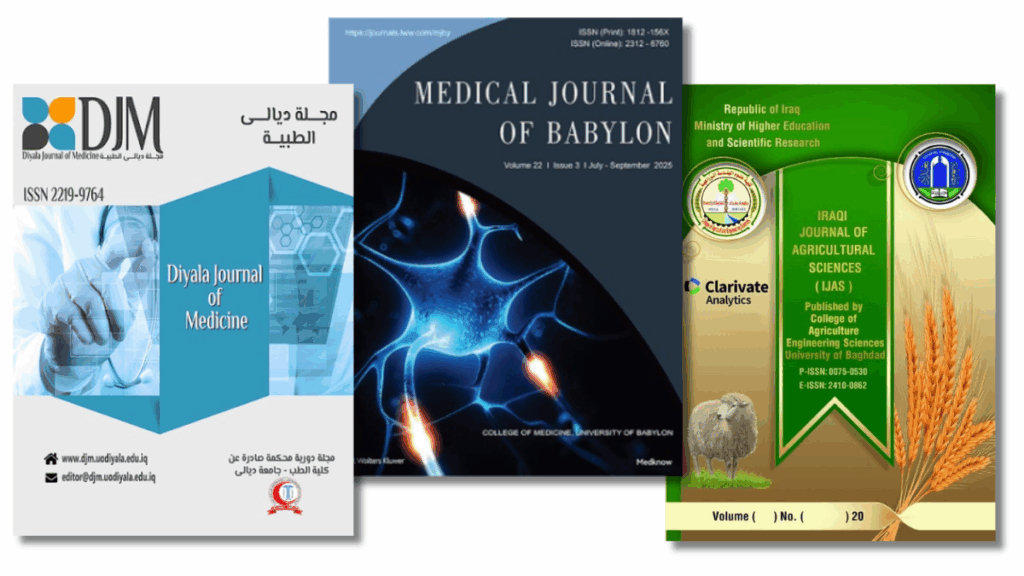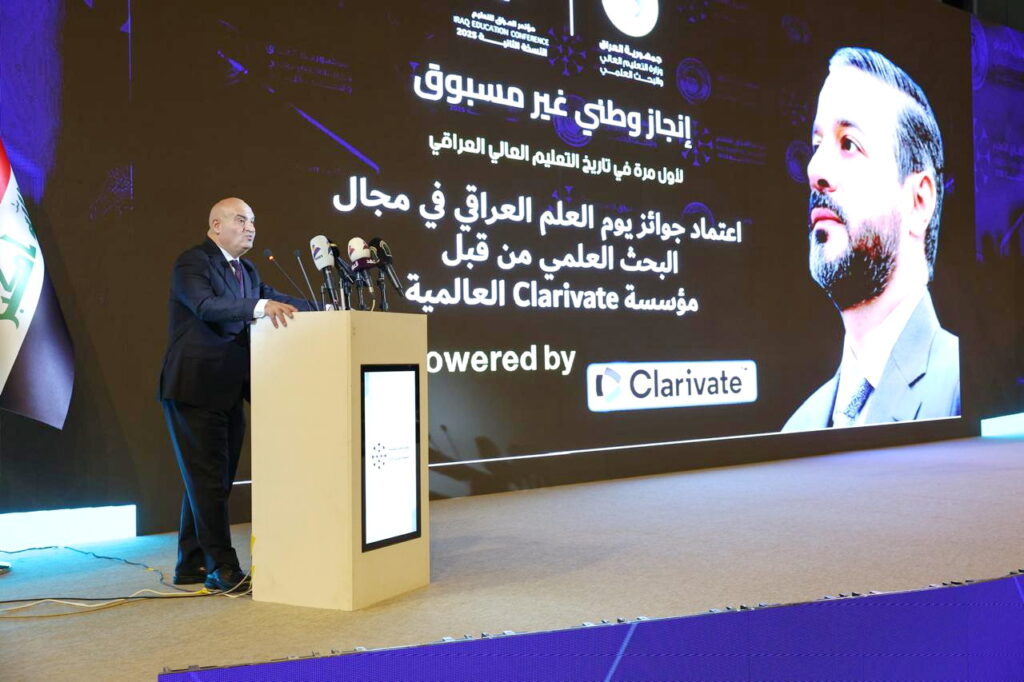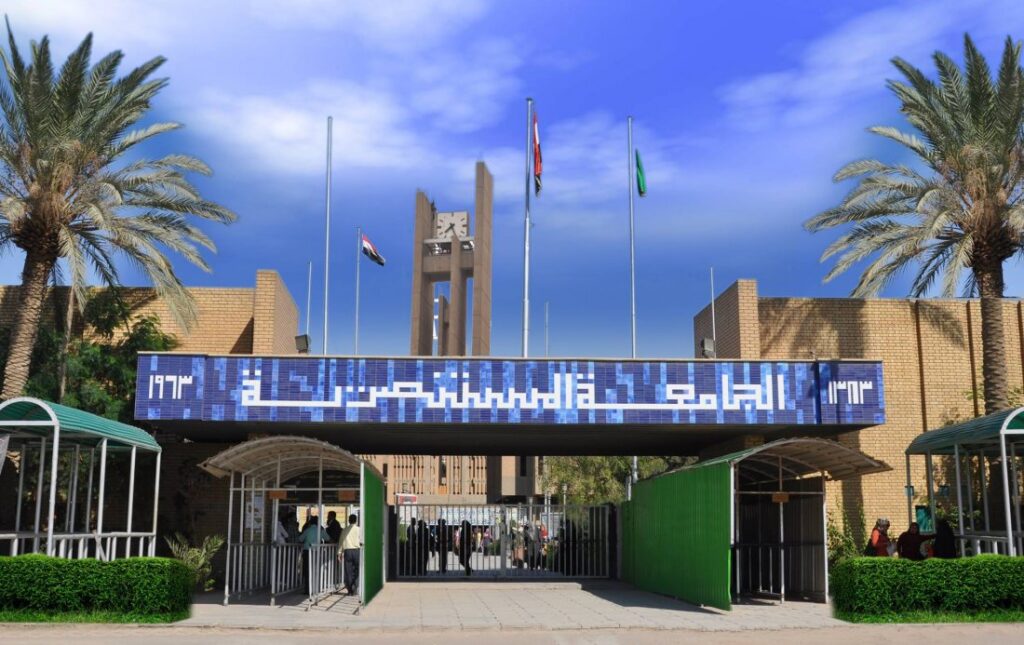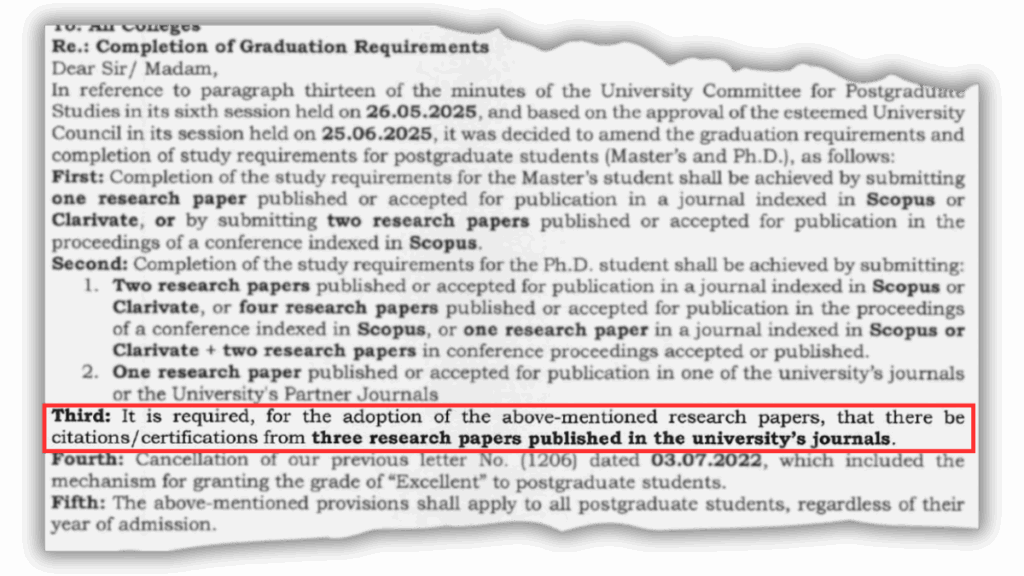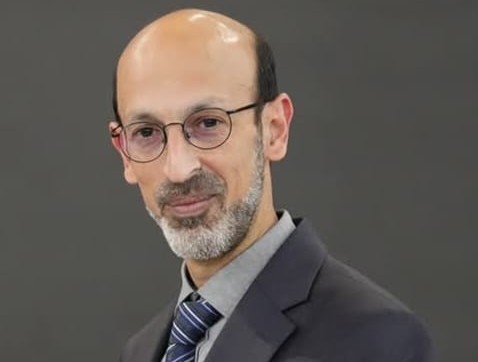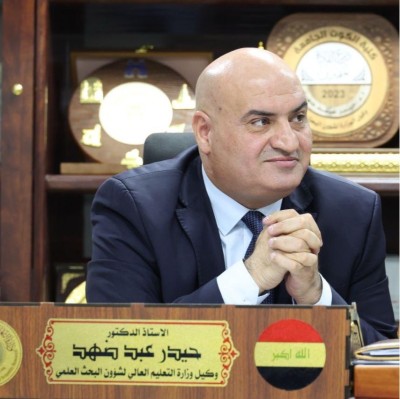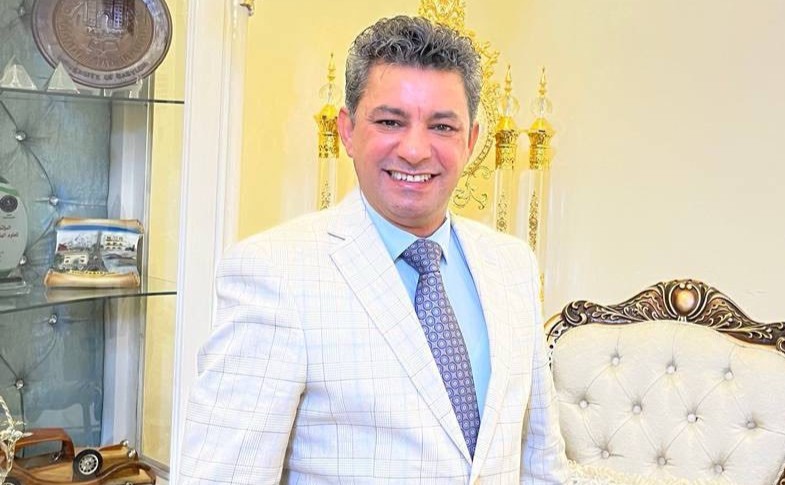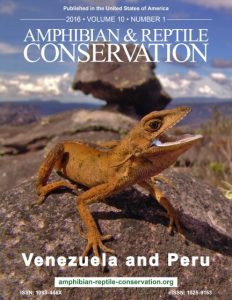Researchers change the name they publish under for many reasons, most of which aren’t fodder for a Retraction Watch story. Trying to skirt a publishing ban is one that is. And another case that recently caught our attention may be in a similar category.
Researcher Abduladheem Turki Jalil is currently affiliated with the University of Thi-Qar in Nasiriyah, Iraq. His first published paper appears to be a survey on breast cancer from 2019. Jalil’s publications then took off, rising exponentially to more than 100 in 2022. According to Elsevier’s Scopus database, Jalil has an h-index of 44, and on his Instagram profile, he claims to be among the world’s top 2% scientists (he no longer is).
Jalil’s massive output has not failed to attract attention. In 2022, then-sleuth Nick Wise began flagging the researcher’s papers on PubPeer, providing screenshots of Facebook ads selling authorship of articles that matched several of Jalil’s publications. Wise also wrote a blog post about authorship-for-sale networks that mentioned Jalil and his extraordinary productivity.
Continue reading Dogged by retractions, Iraqi researcher and publisher uses a different name
